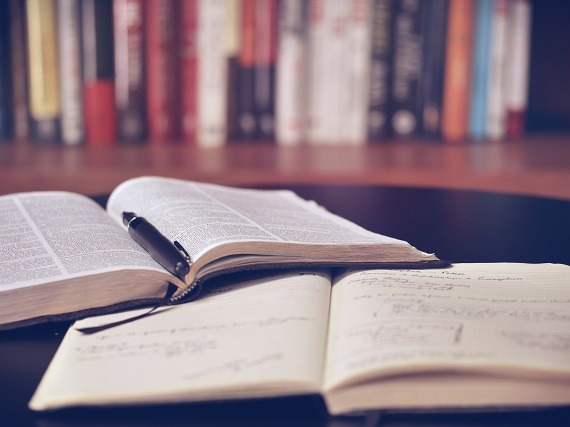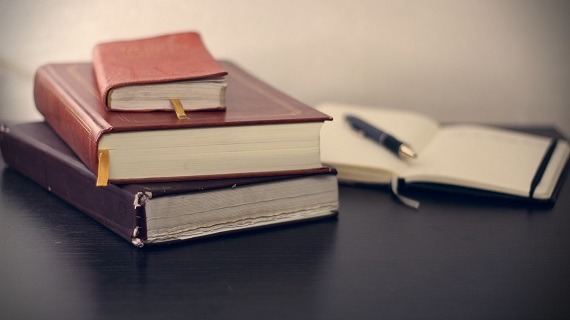Every month, Writer’s Edit selects one work to feature as our Poem of the Month. This year we’re going behind the scenes of the writing to discuss inspirations and influences with the authors themselves.
We spoke with Kindling II poet, Katherine O’Chee about her poem, ‘Unravel‘, which was chosen as our April Poem of the Month for its enthralling verse and alliteration.

What’s your writing history like, and what are your accomplishments so far?
Peers and teachers alike, having already distilled my career options down to ‘doctor’ and ‘lawyer’, asked me at the beginning of year eleven about what I wanted to do in the future – and the shock on their faces when I answered ‘writer’!
The dazed confusion! The hesitant smile that creeped to their lips as they blinked over and over again, uncomprehending!
My undying determination to change this kind of reaction meant that by the end of year eleven, I had managed to turn all their minds around.
I recall, for instance, this one moment when the deputy principal wandered around the classroom, asking students for their dream careers, and when she stopped in front of me, waiting for my response, it was a classmate who answered, ‘Writer,’ for me!
I’m currently a media student majoring in English, but more deeply, I identify myself as a writer: every time I write, whether for leisure or for the university essays we love to hate, I feel as though I’m unravelling a new mystery, uncovering a new secret.
I’m a big short story writer, but my last couple of years have focused more on poetry writing. My poem has been published in Kindling II, and I run a blog where I tend to post musings and fictional pieces.

Where did your inspiration for the poem come from?
Strangely enough, a lot of my inspiration is unconscious – but being a visual learner, I tend to start my writing with one image: an artwork, a description in a novel, a scene in a film.
‘Unravel’ was inspired by the last of these images, a breakfast montage from an anime titled Boku dake ga Inai Machi (Erased), directed by Tomohiko Itō.
In this montage, a girl, after escaping her hellhole home, has breakfast at the protagonist boy’s home. She walks to the table. The breakfast is freshly cooked, steam rising up from the soup and rice, and she blinks over and over again, seeing flashbacks of past breakfasts: a can of fish, stale bread, some coins left on the table… and now, this freshly cooked breakfast laid out so nicely in front of her. She starts crying, and her cries are so broken and so raw.
It’s just breakfast, yet we all know that it’s so much more than just breakfast. The way this scene was played out was simple yet so profound.
I wanted to write a poem that encapsulated this broken yet fulfilling – heart-breaking yet heart-filling – feeling.
What is your writing process like? Are you conscious of the techniques you’re using or do they come through organically when writing?
For me, it’s a mixture of relying on my awareness and my intuition. To be fully aware of the techniques you’re using means that you risk taking away the spontaneity of your writing. To be not aware at all may equally yield consequences: the increased likelihood of producing writing that lacks coherence and integrity.
I really like what Joan Didion calls ‘images that shimmer’. My writing process tends to begin with an image that strikes me as quite beautiful or strange.

During the beginning stages, I write around this image, but I don’t think about how I’m writing it or why. Only once I’ve reached a broad understanding of the direction my writing is taking do I grow more conscious of the techniques I’m employing.
With ‘Unravel’, I read aloud a lot and I found myself listening particularly to the sounds of the words against each other.
For example, the first stanza of Part III, dominated by an interweaving of ‘s’ and ‘c’ sounds, was the result of me really opening up my ears to how sounds could contribute to meaning.
I realised, for instance, that the alternating ‘s’ and ‘c’ alliteration would enhance this sense of two things clashing and build up an atmosphere of chaos.
Who are your literary influences? What are your favourite, must-read books?
I’m a big fan of haikus, particularly Bashō’s – in three lines, they leave an impression of simplicity, yet the thoughts they end up leaving you with are so complex and nuanced that you cannot help but keep coming back to them.
I’m also a big fan of contemporary science-fiction/fantasy author Ken Liu, whose thrice-award-winning short story ‘Paper Menagerie’ left me in tears even after the second, third, fourth reading… And I’m no big crier.
Other short story writers whose works I absolutely admire include Raymond Carver, Ray Bradbury and Flannery O’Connor.

The way they find clever and engaging ways of transforming the ordinary setting into something strange, noteworthy and extraordinary… it leaves me in awe.
As a big romance novel reader, I recommend Stephanie Perkins who will make you not only believe in true love – but also feel it, and Lauren Oliver whose novel Before I Fall was simultaneously down-to-earth and magical.
Must-reads beyond the romance genre: Aldous Huxley’s Brave New World, Markus Zusak’s The Book Thief, Paula Hawkins’ The Girl on the Train and Toni Morrison’s Beloved.
What advice would you give to other writers? What’s the best lesson you’ve learned?
Firstly: Be passionate. Love your writing, hate your writing, breathe your writing, but never write what bores you.
Secondly: Forget what you think you know, and always be willing to test and push the boundaries of your writing.
Experimentation is key if you’re looking for novelty and a fresh voice.
Thirdly: Be inspired by other authors, but remember: don’t simply imitate what they do well; rather, combine your own experiences and observations with these points of inspiration to create a work that represents you.

I think that out of all the writing advice I’ve been given, the most valuable one is not even a piece of advice per se.
Rather, it is an answer to the purpose of writing: To exist in non-existence. Because at the end of the day, we’ve got to remember that to write is to momentarily live a different kind of existence; a non-existence.
We’ve got to remember that there’s a purpose to writing, and it’s sitting right in front of us.